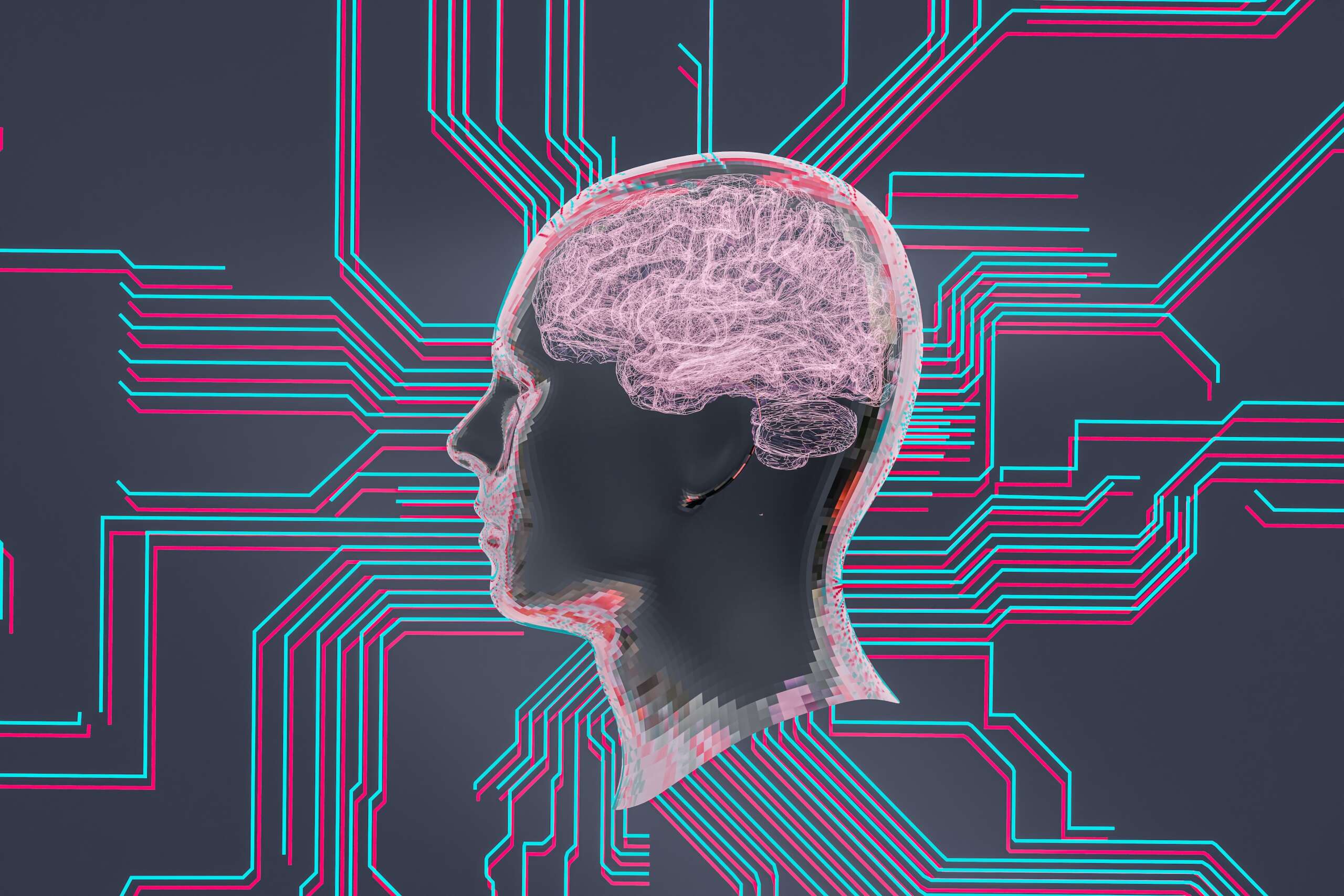
"UNESCO has warned that the combination of neurotechnology and AI poses a risk to human identity and autonomy, calling for urgent measures to protect individuals."
"Recent legislation across states like Colorado, California, and Montana mandates the protection of brain data from consumer devices, emphasizing the need for data privacy."
"A report from the Neurorights Foundation found that nearly all neurotechnology companies have access to brain data without meaningful limitations, raising serious privacy concerns."
"The American Medical Association advocates for stricter regulations on neural data, highlighting the need for consumer protection against potential exploitation."
Technological advancements in neurotechnology and artificial intelligence raise concerns about human identity and autonomy, as warned by UNESCO. Several states, including Colorado, California, and Montana, have begun implementing laws to protect brain data, especially from devices like headphones and wearables that collect sensitive health and cognitive data. A report by the Neurorights Foundation reveals that most companies in the neurotechnology space access brain data with few restrictions, often sharing it with third parties. Advocacy groups and the American Medical Association call for enhanced regulatory measures to safeguard consumers' neural data.
Read at Truthout
Unable to calculate read time
Collection
[
|
...
]